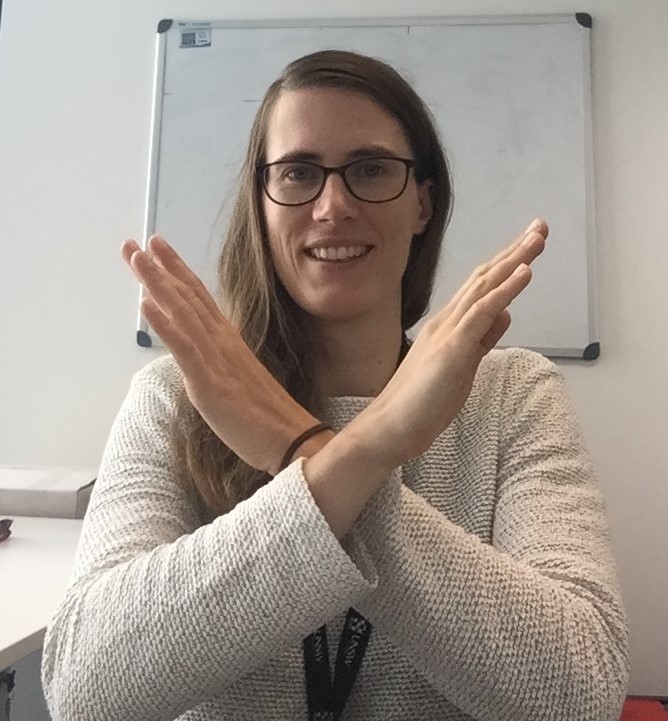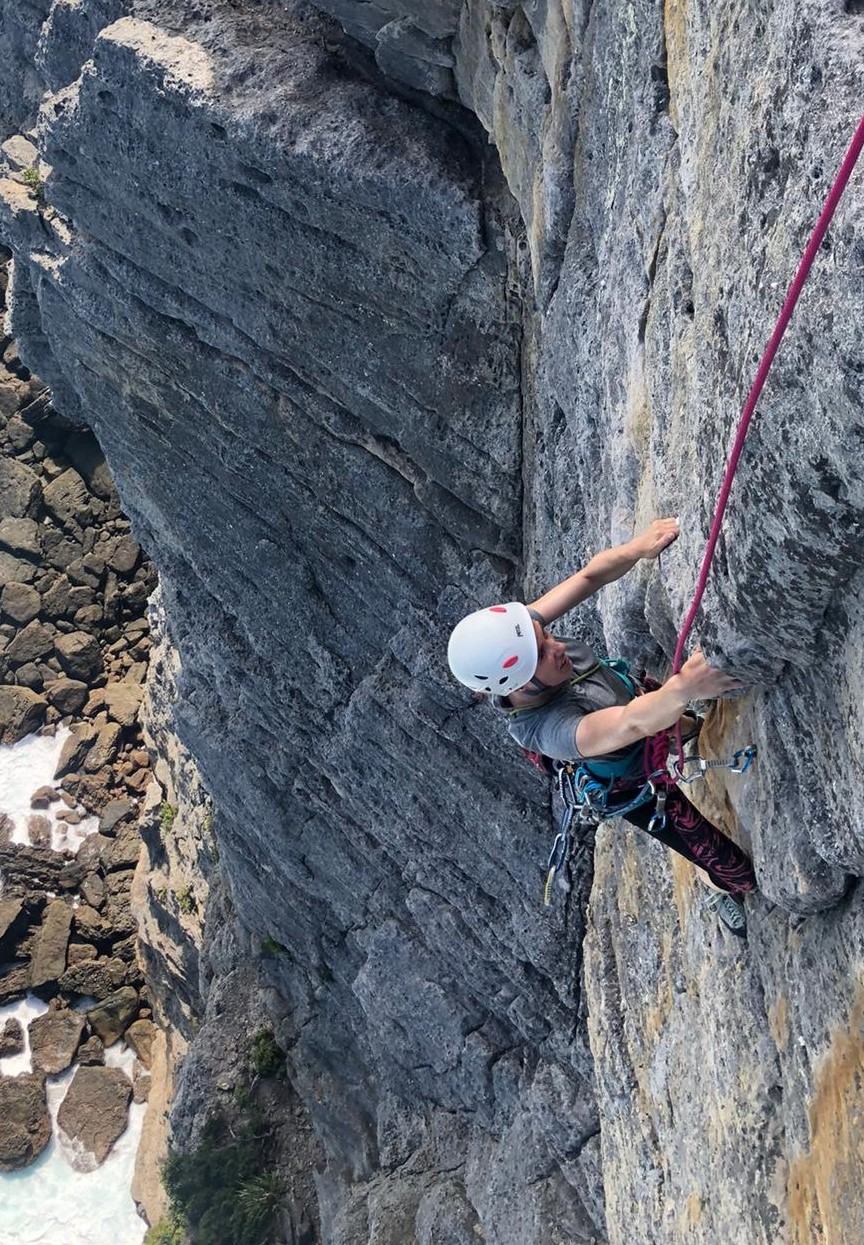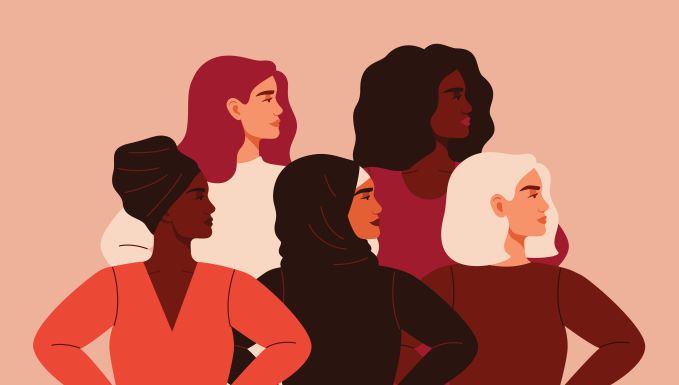Peggy Schoenherr is a FLEET Postdoctoral Fellow based at the School of Materials Science and Engineering, University of New South Wales, where she studies the magnetic, electric and mechanical properties of materials at the nanoscale and how they could be used to develop efficient and low-energy electronics.
Peggy found attitudes towards young girls excelling at science were very different to the attitudes towards adult women excelling at science.
“My biggest wish for the future is that there is no further need for an International Women’s Day to fight gender bias and it becomes normal that all genders, nationalities and ethnicities are present in every part of our lives.
When I was young, I excelled in mathematics, but at this age nobody connected this in either a good or bad way to me being female. The normality of me being good at mathematics, independent of who I was, had never led me to question why women should not excel in science.
Later in life, people started to congratulate women, including myself, for studying physics, science or doing a PhD. I began to question, why do I need to be congratulated on something that should be normal? Why could everyone not see these smart women who belong in science like everyone else? Unfortunately, I believe we still have a long way to go and need to fight the bias against women.
Thus, I encourage everyone to support, respect and congratulate your fellow female scientists, co-workers, friends or family members for their accomplishments independent of their gender.”

Peggy, striking the pose #BreakTheBias
Outside of the laboratory, Peggy enjoys sport and the outdoors – climbing/bouldering and badminton.
“Happiness is one of the most important things for me. It means having a job and hobbies I like, being with friends/family, helping other people, discovering and exploring new things, even enjoying a delicious meal after working hard all day.
I have not found my specific path in my science career yet, but I would like to do something that has a direct, positive impact on society.”
Peggy was recently one of four FLEET women awarded a scholarship enabling participation in the 2022 Leading Edge program offered by Women and Leadership Australia, part of a national initiative encouraging more women in leadership across key industries.
“I want to develop skills to support taking on more responsibilities for the lab, and supervising students. I see interpersonal communication skills as a cornerstone to a successful working culture and my career, particularly working in a male-dominated environment where it’s sometimes hard to be heard and to convey confidence,” she says.

Facing a vertical challenge. Peggy combining her love of outdoors and rock climbing.
Peggy’s research
Peggy is an expert in the application of Atomic Force Microscopy (AFM) that she uses to probe and learn the topographical, electrical, magnetic, chemical, optical and mechanical properties of materials at an atomic level of resolution. If we can understand and characterise these properties we can more effectively manipulate and control them to pave a way for new nanoscale electromechanical devices and the next generation of low-energy electronics.
Read more about Peggy’s research here
She is first author on the following paper in Nature’s npj Quantum Materials Journal
Check the four other FLEET women profiled for International Women’s Day
Maedehsadat Mousavi; Patjaree Aukarasereenont; Meera Parish; Golrokh Akhgar

